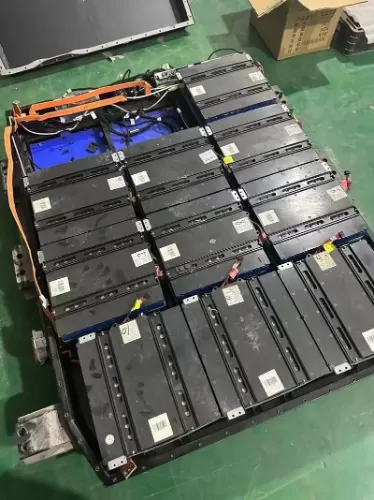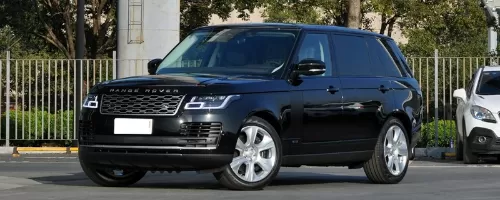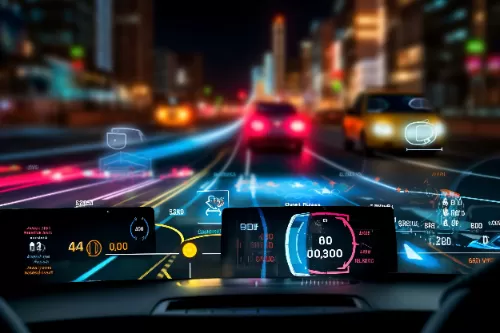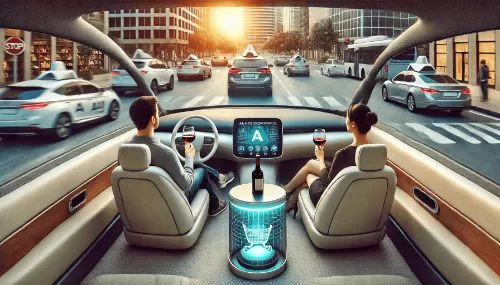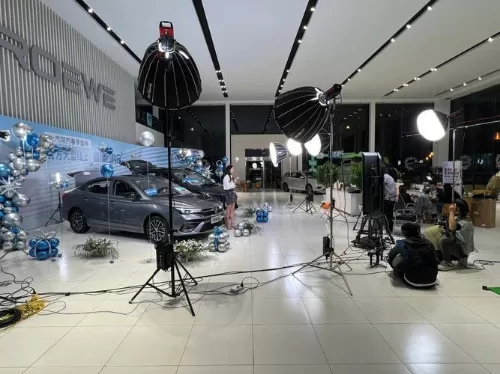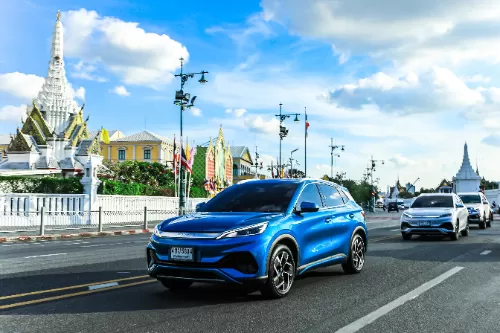Your Car Knows Your Heart Rate: The Hidden Health Benefits of Biometric Tech
Your car is no longer just a machine—it’s becoming a wellness partner. Biometric cars, equipped with sensors that monitor your heart rate, stress levels, and even blood oxygen saturation, are quietly transforming how we interact with vehicles. But beyond the flashy tech lies a surprising benefit: these health-focused innovations could reshape the way your car’s battery and energy systems work for you, not just under you.
Related searches
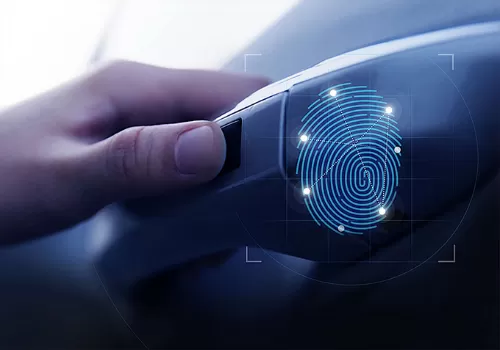
The Heart Rate Revolution
Heart rate monitoring is at the core of many Biometric Cars' health features. Embedded sensors in steering wheels, seats, or even seatbelts track cardiovascular activity in real time. When drivers exhibit elevated heart rates or irregular rhythms, the system may suggest taking breaks, adjust cabin temperature to reduce stress, or activate calming music. This technology isn’t just a novelty—it addresses a critical safety issue: fatigue and stress contribute to 13% of U.S. crashes annually. By intervening early, Biometric Cars aim to prevent these incidents.
Comprehensive Health Tracking
Heart rate is just the beginning. Biometric Cars can also analyze:
Blood oxygen levels: Using optical sensors in armrests or steering wheels to detect hypoxia, a condition linked to drowsiness.
Body temperature: Identifying signs of illness, such as fever, and alerting drivers to seek medical attention.
Posture: Detecting slouching or tense shoulders, then prompting ergonomic adjustments to reduce long-term health risks.
Some luxury models even integrate electrocardiogram (ECG) capabilities, providing drivers with medical-grade health data they can share with doctors.
Mood Recognition
Advances in facial recognition and voice analysis allow Biometric Cars to gauge emotional states. Cameras track microexpressions, while AI algorithms analyze speech patterns to detect anger, anxiety, or distraction. In response, the car might dim harsh lights, play soothing sounds, or initiate hands-free calling to emergency contacts if severe distress is detected. This emotional intelligence transforms the vehicle into a supportive partner during challenging drives.
Privacy and Security Considerations
While the health benefits are significant, Biometric Cars raise privacy concerns. Sensitive data like heart rhythms and stress levels must be encrypted and stored securely. Most automakers offer privacy controls, allowing users to toggle data collection or delete records. Some systems even process data locally, never transmitting it to external servers. As regulations evolve, consumers can expect stricter safeguards to protect biometric information.
The Future of Health-Centric Driving
The integration of biometrics into cars is accelerating. By 2030, experts predict 70% of new vehicles will include health-monitoring features. Innovations like non-contact sensors and AI-driven wellness coaching will become standard, offering personalized recommendations for diet, exercise, and stress management based on in-car data. For example, a system might suggest a yoga session after detecting muscle tension during a commute or recommend a hydration break if dehydration is suspected.
Conclusion
Biometric Cars represent a paradigm shift in automotive technology—from passive machines to active health allies. By merging safety with wellness, these vehicles don’t just protect drivers from accidents; they promote healthier lifestyles. While challenges like data privacy and cost remain, the potential to save lives and improve quality of life is undeniable. As this technology matures, the car of the future will be as attuned to your well-being as it is to the road ahead.
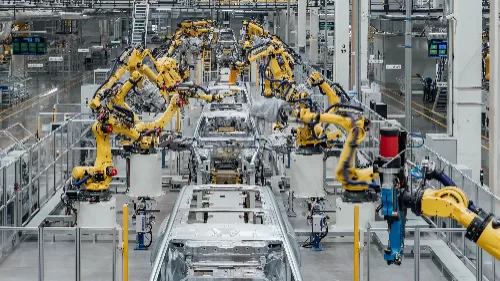
The Future of Car Factories: Smaller, Faster, and Closer to You

How Lightweight Materials Are Making Cars Safer, Cheaper, and Greener
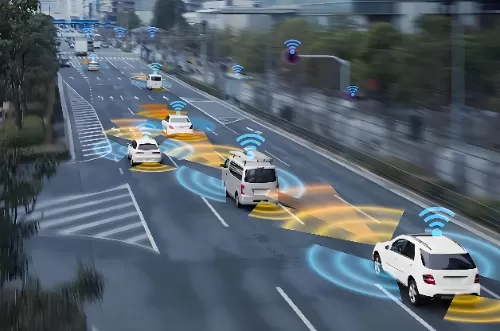
How Electrification Transition Could Slash Your Monthly Car Bills
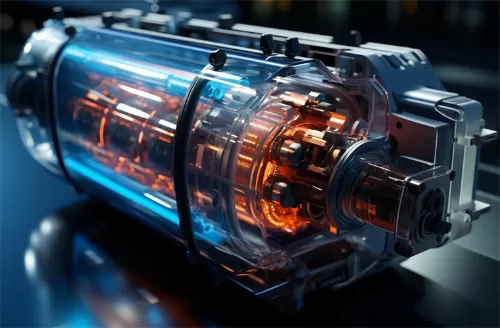
The Hidden Costs of Hydrogen Fuel: What Drivers Need to Know Before Switching
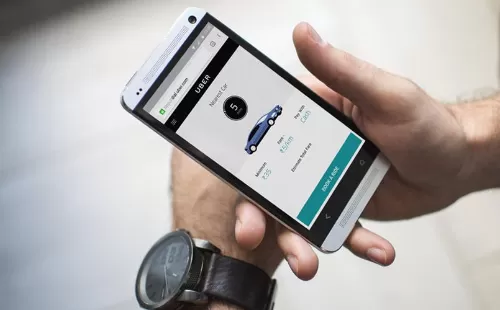
Why Renting a Pickup Truck Could Save Your Thanksgiving

The Hidden Danger in Your Car: Why Cyberattacks Could Sabotage Automotive Safety

